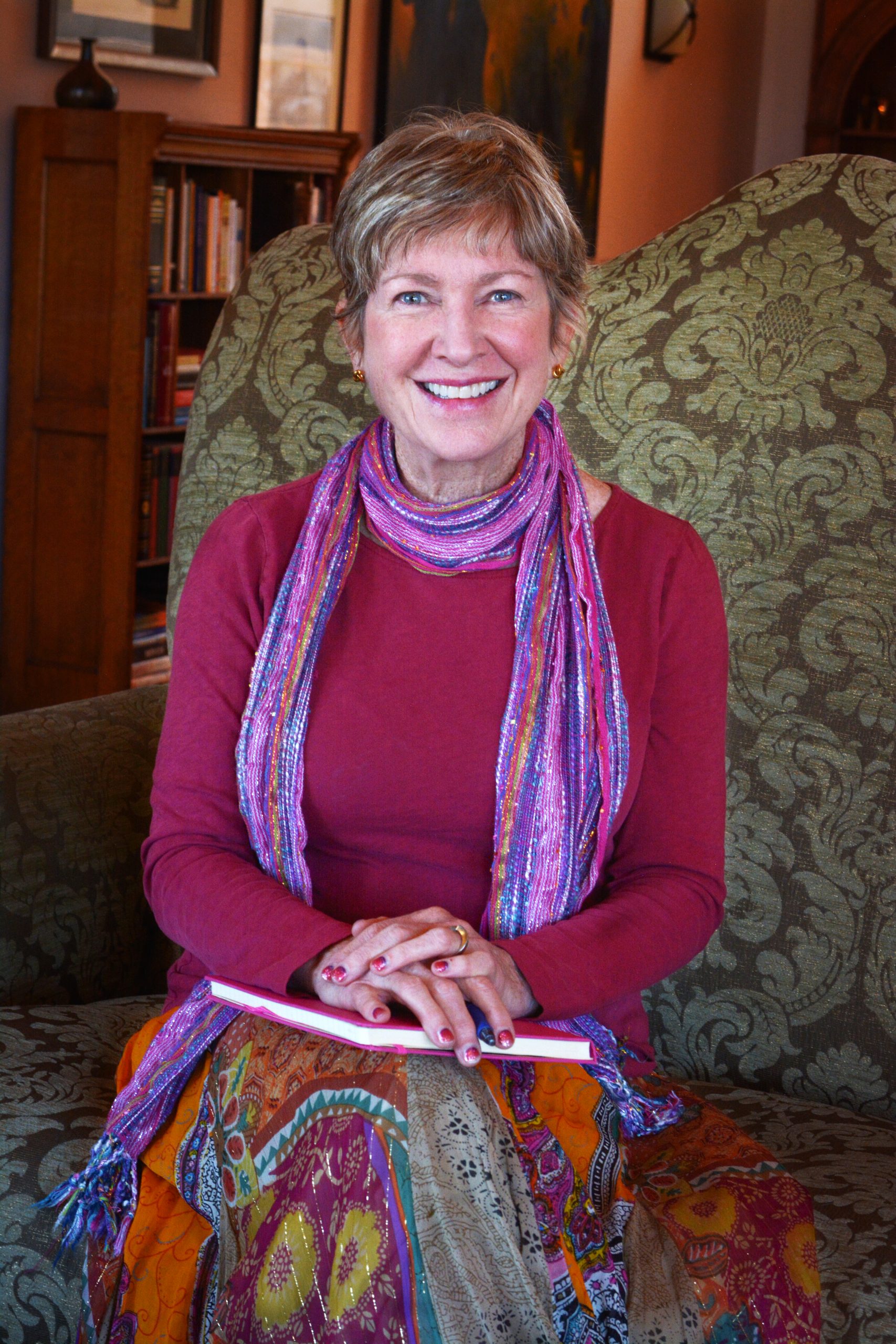I didn’t write anything immediately when I heard of Robin Williams’ suicide, probably because my initial emotion was anger, not sorrow. Living with the memory of finding a friend’s dead body and the devastating aftermath for his family and friends has forever altered my brain, and I find myself confused by the idea of demonstrating an appropriate response to the premature ending of a life.
I could say I understand how someone might find suicide the only solution to their misery, but I would be exaggerating. Yes, I have been places I never want to go again. I never again want to experience the selfish, angst-ridden teen years when I believed that if I died, then they’d be sorry, but after crying myself to sleep I’d get over it. Or the time I was certain I had failed at everything . . . being a good wife, mother, person . . . that I seriously tried to will my heart to stop one night, but then got scared I might succeed. Or the time I went out to the lake during an impossibly windy day and curled up in a blanket for hours under a creaking tree hoping it would fall on me and end my self-pity, but then I got really hungry. Or most recently, wanting to run away every day this past winter, hating where I lived and everything I was doing, until discovering I had a thyroid imbalance, something fixed with a little pill, my unreasonable depression not my fault.
So I’ve never truly been where those who have succeeded at suicide have been. “Succeeded at suicide” is not a phrase I want in my eulogy.
Like my friend, Williams seemed to have everything going for him. But it’s not fair for us to play the But … game. But he was an actor. He was, and his performances were unforgettable. But he was a husband. He was, several times. But he was a father. He was, and I am sad for his children. But he was a role model. He was, and I fear for those who may interpret his final action as justification for their own. But he was Patch Adams, Mrs. Doubtfire, Popeye, Mork, Aladdin . . . he was countless things to countless people.
But he was successful. He was, though in whose eyes?
There were many indicators that my friend’s self-murder was premeditated, and when I return to the days preceding the event, I wonder about the signs. Those left behind always wonder what they might have missed, might have done differently. I wonder about those living with loved ones who endure chronic depression, and if at some point, even they envision an end to it. I don’t dwell on this thought.
Some call suicide a selfish act, but I know better. Selfishness keeps you alive. Perhaps, like my friend so long ago (but he was a husband, a doctor, successful, handsome), he could never really be himself, despite having “everything” available to him. He could not be selfish. He could not save himself. And for that, I can finally feel sorrow.

